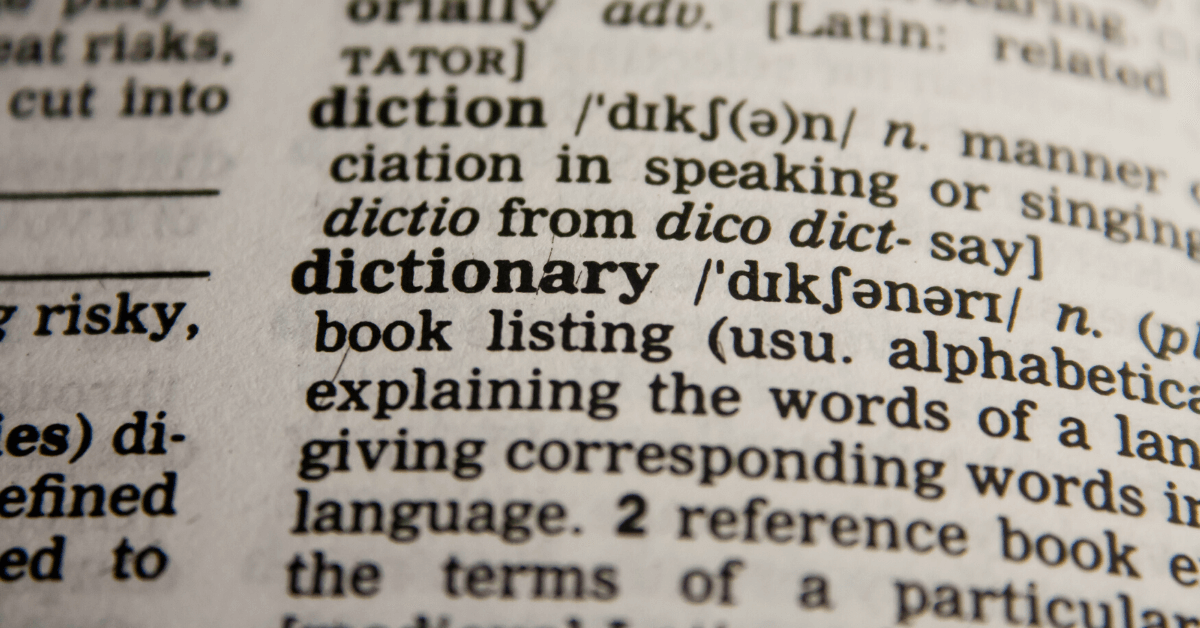Blog
Category_MWW Blog>The Dash
The "Summary" Dash
There is a little-known dash rule that is called the "summary dash." It is used when a sentence has concluded and a clause refers back to the subject of that sentence. The clause is really an appos...
Category_MWW Blog>General
Interesting Rule from the "Chicago Manual of Style"
Another take on the word "so": In 5.210 of CMOS, "Interjections and functional variations": "... most parts of speech may be used as interjections. A word that is classified as some other part of s...
Category_MWW Blog>General
That Pesky Word "So"
One more time...
The word so is normally an adverb.
...I was so very tired that night.
...He was so cranky at the end of the day.
It can also be a conjunction.
It can be the kind of...
Category_MWW Blog>Numbers
The Word "Number"
When the word "number" is said and is followed by a figure, it is abbreviated except when it begins a sentence since it would look like hte word "no."
...It refers to Section No. 123.
...I am on p...
Category_MWW Blog>The Comma
4419
An independent clause and a sentence are the same thing. And the first rule of all punctuation is that a comma goes before a coordinate conjunction that connects independent clauses. The fact that ...
Category_MWW Blog>General
That Pesky Word "So"
The rules for “so”:
When it means “so that” and implies the reason for doing something, it begins a dependent clause which, at the end of the sentence, gets no punctuation.
…I sent it to her so I...
Category_MWW Blog>The Comma
Do Not Use a Separating Comma...
Do not use a separating comma after the coordinate conjunctions -- and, but, or, nor -- nor after the one-syllable conjunctive adverbs -- thus, hence, still, then, so, yet. However, don't forget th...

Category_MWW Blog>The Hyphen
More on Hyphens
Remember that hyphenating words in front of a noun is done to indicate those words form a unit.
...long-range plans...
...old-fashioned ideas...
...five-month-old baby...
When the words are alrea...
Category_MWW Blog>General
The Dilemma of the Word "O'Clock"
There are three separate English rules on how time values should be expressed. These rules depend upon how the number is said:
with “o’clock” ...I got there at --- o'clock.
with “A.M. ...
